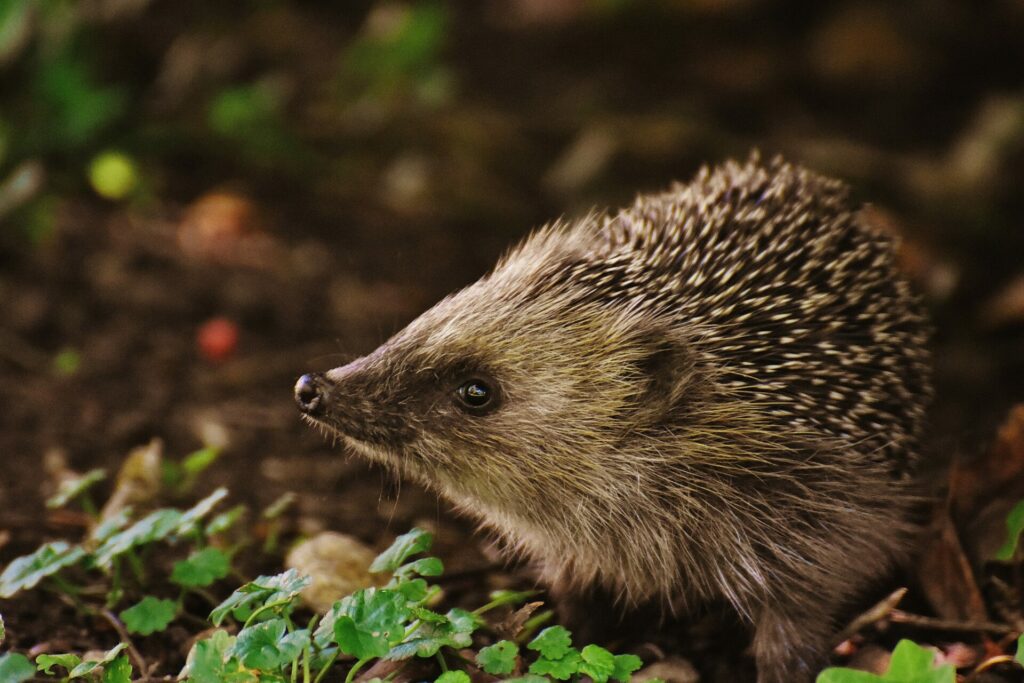Fines are being issued to members of Belgium's traveller community for eating hedgehogs, a species protected in Belgium since 1973, RTL Info reports. Brussels and Flanders’ hedgehog population has decreased by half in the space of 10 years.
Among the traveller community in many countries, it is a tradition to eat the spiny animals as a festive dish. In recipes posted online, it is suggested that hedgehogs can be cooked on coals, barbecued, or even stewed.
“You can do it with garlic, on the grill, on a spit… You can do it in different ways,” Etienne Charpentier, president of the Belgian national travellers’ committee, told RTL Info. Despite the traditional consumption of these animals, the practice is in decline, notably due to a 50-year-old prohibition on catching and killing the animals.
Tradition vs conservation
“There may be some who still want to eat it but today, there are so many things that are eaten. People eat insects and just about anything. Why not the hedgehog?” Charpentier asked.
In 2016, Irish traveller boxer Tyson Fury sparked controversy in the United Kingdom after admitting to eating hedgehogs bred by his brother. In the UK, it is illegal to domesticate hedgehogs as they are on the endangered list, but it is not illegal to eat them.
Wallonia’s nature conservation law, first enacted in 1973, aims to safeguard wildlife and bans killing the small mammal. The cause of the decline of Belgium’s hedgehog population is still the subject of debate but some have pointed to urbanisation, electric lawnmowers, and road traffic. Global warming is also said to be a cause.
“It’s a species in steep decline due to global warming and diseases that are specific to them. Over the past three years, populations have been in steep decline,” said Alan Gilson, co-president of animal rehabilitation centre Creaves de Perwez.
It is certainly not advisable to eat hedgehogs, anthropologists warn. Some of the diseases carried by hedgehogs are transmissible to humans. The creatures are known to carry salmonella in their faeces which can make humans seriously ill, as well as an array of parasites, viruses, and fungal infections.
Hedgehogs became part of the gipsy traveller diet thousands of years ago, notably due to their presence in hedgerows and bushy environments near traveller sites. The food has become a cultural link to the travellers’ ancient past.
Legal prosecution
On Monday, the Namur criminal court imposed fines of €1,600 against four defendants for the mistreatment of hedgehogs. One additional suspect was acquitted.
The incident dates back to 2020 when the travellers posted photos of them making a meal of seven hedgehogs. The animals had been killed with a stick driven behind the neck, inflated with an air pump, before being cooked and eaten on the barbecue as steaks.
The defendants say the act is part of their ancient traveller culture. “It’s part of our tradition, like it or not,” one of the suspects reportedly told investigators. The animals had allegedly been acquired in France.
The judge presiding over the case originally demanded a two-month prison sentence for the suspects, as well as a suspended prison sentence. Ultimately, the suspects plead guilty in exchange for a fine or community service. While the killing of the animals was disputed, the suspects admitted to their possession and consumption.

